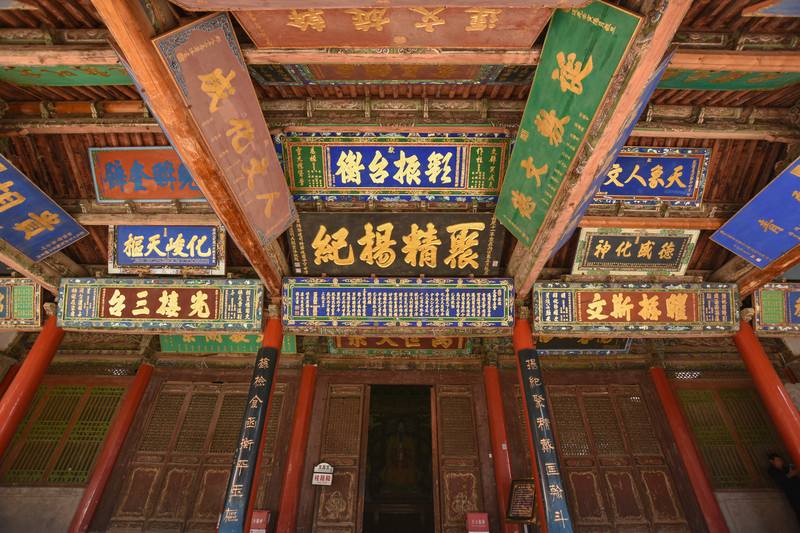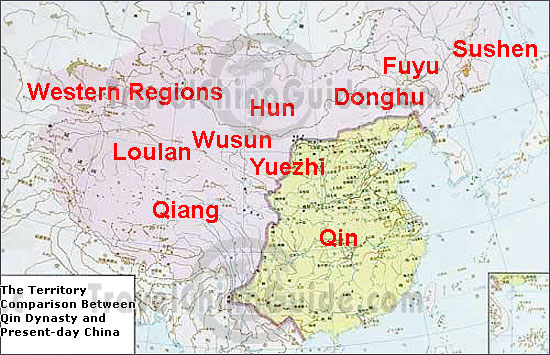Harmony with Natural Order
Taiwanese philosopher Chung-ying Cheng proposed that wuwei can be understood as a state of non-action and letting things take their natural course without interference or manipulation according to their intrinsic principles and rules. This Daoist concept suggests that the best policy decisions are those made without unnecessary interventions that disrupt the natural flow or disturb the intrinsic order.
Respecting Intrinsic Principles
By adopting a stance of non-interference, policymakers can allow complex systems to operate according to their own natural laws and self-organization principles without disruption. This involves relinquishing desires to control outcomes and relinquishing attachments to preconceived solutions or control. Instead of forcibly imposing human designs, decisions are made to be in harmony with the intrinsic order.

Non-Intervention in Recovery
During the early Han Dynasty, rulers applied wuwei to allow populations impacted by war to fully recover without interfering in the natural restoration of social and economic equilibrium. Taxes were kept low to avoid disrupting the self-healing process. Non-intervention respected each community’s intrinsic potential and rhythm of recovery.
Understanding System Dynamics
Wuwei emphasizes deeply comprehending a system’s inherent characteristics and dynamics. Policy aims to support—rather than violate—these natural patterns, rhythms, and tendencies. Forced manipulation based on inadequate understanding often backfires, wasting resources and delaying healthy change. Respecting intrinsic order through non-intervention yields wiser, more sustainable outcomes.
Reconciling Human Will and Natural Order
Alignment of Purpose
While non-action, wuwei still enables great achievements when one’s purpose aligns with nature’s course. The sage’s mind integrates fully with intrinsic principles so that activity emerges effortlessly from that unified state. Change occurs through such harmony, not through willful imposition against the grain.
Integrating Yin and Yang
Cultivating wuwei requires skillfully balancing passive receptiveness with active engagement. Yin capacities like listening, observing and releasing attachments are balanced by yang abilities like timing, precision and creativity. Together they allow acting without acting—fluidly responding to what’s required amid changing contexts.
Transcending Dualistic Thinking
By transcending common dualisms of active/passive and self/other, wuwei bridges subjective and objective realities. From this non-dual viewpoint, even violent conditions can be navigated non-violently. The sage’s mind neither arises nor interferes, flowing with impermanence yet stabilizing intrinsic patterns. Through such integration, unprecedented possibilities arise.
Non-Attachment amid Change
Adapting Nimbly to Change
While maintaining constancy of purpose, wuwei implies nimble adaptation to ever-shifting contexts. Like water, one’s nature remains fluid yet finds form appropriate to each moment. Non-attachment to preconceived methods fosters innovative, organic solutions aligned with circumstances.
Letting Go of Outcomes
Guarding against desires and aversions around outcomes, the sage acts yet cares not whether plans manifest literally as envisioned. Serenely letting unfolding events take their own form yet remain true to principles, ingenious “plans” actualize spontaneously from such non-planning.
Emergent Harmony through Non-Doing
Ultimately, the complexity and impermanence of our interwoven world exceed any individual’s comprehension, much less control. Yet through cultivating an unforced rhythm in concert with intrinsic principles, wuwei fosters spontaneous cooperation and creative order emerging from apparent “disorder.” Harmony naturally self-organizes from non-interfering with Change’s infinite potentials.
Integrating Wuwei into Decision-Making
Pausing before Reacting
When facing dynamic problems, cultivating an initial stance of receptive quietude fosters unforced insight. Rather than hastily intervening based on mental biases or anxieties, pausing allows patterns and potentials to reveal themselves organically.
Respecting Emergence
With open yet focused awareness, one notices self-organized solutions surfacing from complex interrelations—perhaps from an uninfluenced quarter or turn of events. Guiding discernment trusts such emergent wisdom over preconceptions or top-down control.
align Purpose and actualize Potentials
By maintaining a mindful flexibility that merges with intrinsic logics, one finds convergence between purpose and unfolding potentials. Unforced confluence of will and circumstances realizes possibilities through alignment rather than compulsion. Complex systems synergize when catalyzed from within rather than driven from without.

 Teaching English in China: An Unforgettable Journey
Teaching English in China: An Unforgettable Journey